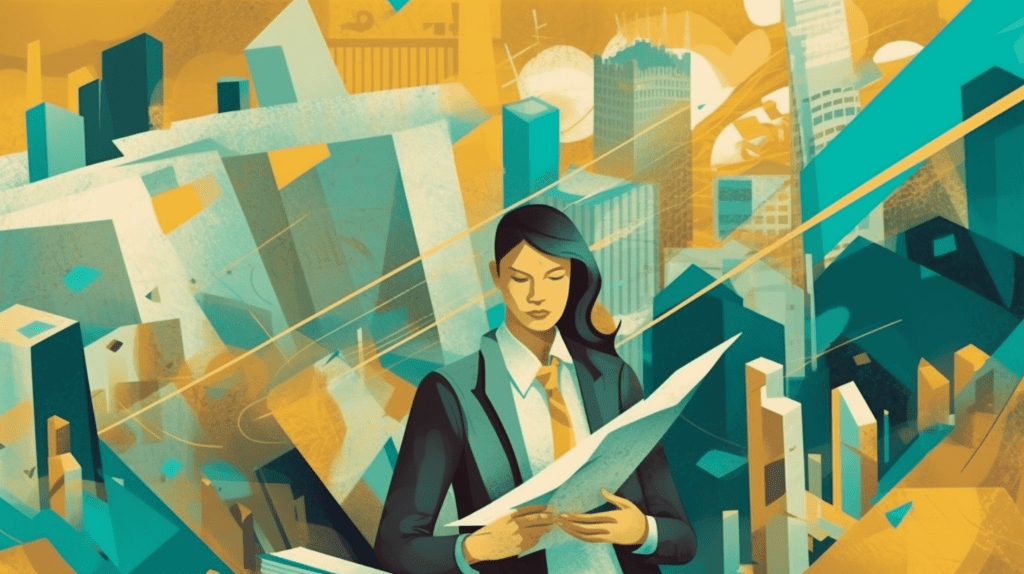Spain is breaking new ground with its proposed Royal Decree (Proyecto de Real Decreto) on Extended Collective Licensing (ECL), aimed at regulating the use of copyright-protected works in the development of artificial intelligence (AI) models. Published for public consultation on November 19, 2024, the decree seeks to create a balance between fostering AI innovation and protecting the rights of creators.
What's in the Spanish Royal Decree project?
At its core, the decree provides a mechanism that empowers collective management organizations to license the use of copyrighted content at scale. This framework is transformative for generative AI systems, which require extensive datasets for development.

Highlights on:
Non-Exclusive Licenses: Enables AI developers to use copyright-protected works without negotiating individual permissions.
Opt-Out Mechanism: Rights holders retain the right to exclude their works from the licensing scheme at any time (following the european path on data mining).
Transparency and Fairness: Collective management organizations must disclose licensing details and ensure fair revenue distribution among creators.
Short-Term Licenses: Licenses are capped at a three-year duration, ensuring regular reviews in a fast-evolving technological landscape.
The decree will implement Article 163 of Spain’s Intellectual Property Law (TRLPI), aligning with Directive (EU) 2019/790 on copyright in the digital single market.
A Public Call for Input
The Ministry of Culture and Sport is inviting public feedback on the draft. Interested parties can submit their comments via email at audiencia.lca@cultura.gob.es until December 10, 2024.
For the full text of the proposed decree and details on the consultation process, you may visit the official government page.
Why Does This Matter?
The decree is Spain’s response to the growing demand for clear, scalable frameworks to regulate AI’s reliance on copyrighted works. AI developers need access to vast amounts of data, often protected by copyright, to train their systems. Meanwhile, creators are concerned about fair compensation and control over how their works are used, leading to uncertainty on use of Generative AI content.
Spain’s approach works to bridge these competing interests by promoting:
Legal Clarity: Clear guidelines for AI developers, avoiding legal uncertainties seen in jurisdictions like the U.S., where fair use is often contested.
Fair Participation: Creators can opt in or out while benefiting from revenue generated by the use of their works.
Innovation-Friendly Framework: By simplifying licensing for mass data use, the decree reduces barriers to developing cutting-edge AI technologies.
A Global Perspective
While other countries like the United States and Japan have relied on broad copyright exceptions or fair use, Spain’s proposal is one of the first comprehensive frameworks specifically tailored for AI. This positions Spain as a leader in harmonizing AI innovation with intellectual property rights, potentially influencing global standards.
What’s Next?
After the consultation period ends, the Ministry of Culture and Sport will refine the draft based on stakeholder feedback. The decree is expected to be presented to the Council of Ministers in early 2025, with potential approval and implementation by mid-year.
Spain, a nation that more than ever is bridging continents and cultures, is once again demonstrating its unique capacity to see beyond conventional boundaries. In the heated global debate about AI and copyright, while Silicon Valley calculates and tech giants maneuver under the new Trump/Musk administration and its suffering approach to regulations, Spain offers something different: a human-centered perspective that sees technology not as a conquest, but as a collaborative dialogue.
Alfredo Esposito
_
I am Alfredo Esposito, an Italian lawyer deeply passionate about intellectual property and digital law. For years, I have advocated for creators’ rights, ensuring that innovation and artistry coexist. As the founder of the first Creative Commons music label in 2010, I have been a leading voice in exploring the future of creativity, consistently speaking at national and international forums about the evolving landscape of creators’ rights and digital innovation.
If you share my interest in how technology shapes the future of intellectual property, let’s connect. Together, we can explore ways to ensure fair use and equitable growth in the digital creative ecosystem. You can reach out to me at alfredoesposito.eu or via Linkedin



